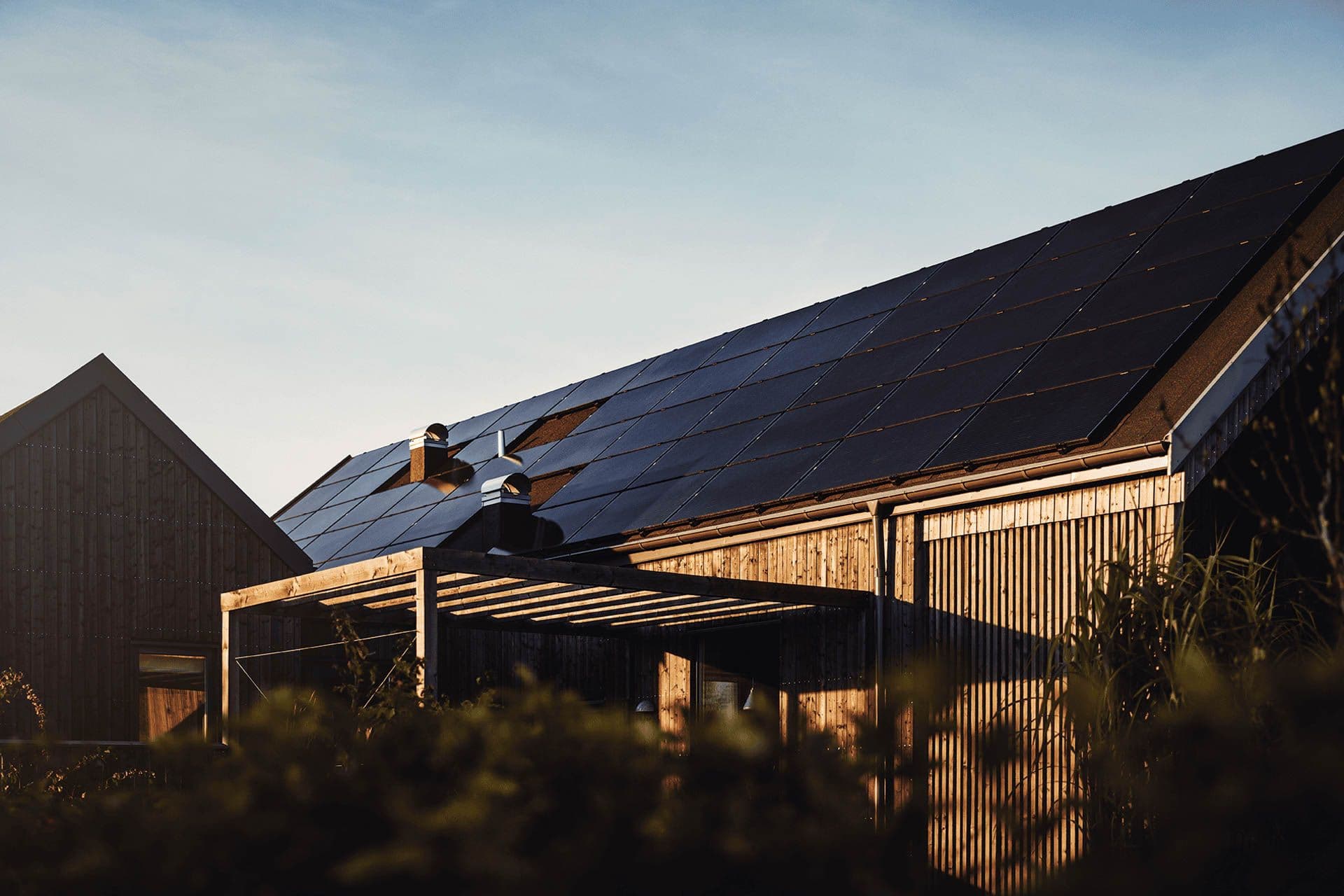Key takeaways:
- Heat pumps require refrigerants to function and transfer heat
- A variety of refrigerants can work, but some are safer and less harmful for the environment
- Aira uses the natural refrigerant R290 for its low environmental impact
Refrigerant is at the core of heat pump functionality; it is the vital substance that facilitates the heat transfer process that makes heat pumps so efficient. By understanding refrigerants and their role in heat pumps, you can make more informed and sustainable energy choices.
What is a refrigerant?
Refrigerants are substances capable of transitioning between liquid and gaseous states. This unique property enables them to absorb and release heat, powering the heating and cooling cycles of heat pumps. Modern refrigerants, such as R410A, replaced older, ozone-depleting options like R22 (Freon). The Aira Heat Pump uses the natural refrigerant R290 (propane) for its reduced environmental impact.
How heat pumps use refrigerants
Heat pumps work by transferring heat rather than generating it. Here’s how:
- In Heating Mode: The refrigerant extracts heat from outside air, even in cold weather, and releases it indoors to warm your space.
- In Cooling Mode: The cycle reverses, pulling heat from your home and expelling it outside to keep interiors cool.
This closed-loop process relies on the refrigerant’s ability to efficiently transfer heat, ensuring optimal performance and minimal energy consumption.
Environmental impact of refrigerants
The type of refrigerant used in heat pumps has a significant impact on their environmental footprint. Traditional refrigerants like R22 were phased out due to their Ozone Depletion Potential (ODP). Even newer synthetic options like R410A, though ozone-safe, still contribute to global warming due to their high Global Warming Potential (GWP).
Natural refrigerants such as R290 (propane) and CO2 (R744) are gaining popularity for their eco-friendly properties:
- Low GWP: Natural refrigerants contribute far less to climate change.
- Ozone-Friendly: They do not harm the ozone layer, unlike older synthetic counterparts.
Using more eco-friendly alternatives aligns with global efforts to reduce greenhouse gas emissions and comply with stricter environmental regulations.
Maintaining refrigerant efficiency
To maximise the efficiency and lifespan of your heat pump:
- Schedule routine maintenance to check refrigerant levels and ensure there are no leaks.
- Use certified technicians to handle refrigerants safely and effectively, like Aira’s highly trained and specialised technicians.
The path to sustainability
As the industry moves toward banning high-GWP refrigerants in favour of natural alternatives, heat pumps are at the forefront of eco-conscious innovation. Systems using refrigerants like R290 exemplify the shift toward greener technologies that balance performance with sustainability.
Conclusion
Refrigerants are the unsung heroes of heat pump technology, enabling efficient climate control in homes worldwide. By choosing heat pumps and supporting the transition to natural refrigerants, you can enjoy year-round comfort while contributing to a more sustainable future.
What type of house do you live in?
Keep learning
Similar articles to expand your knowledge

Published today
Carl RobinsonThe Warm Homes Plan: what it really means for your energy bills
The UK’s new Warm Homes Plan confirms one thing: the future of cheaper energy is clean, electric homes. Here’s what the plan really means for homeowners. And how heat pumps, solar and home batteries can cut your bills long before 2030.

Published at 15 Jan 2026
Carl RobinsonIs a heat pump ideal for your semi-detached home?
Think heat pumps are only for large detached homes? In reality, semi-detached houses are perfectly suited to them. We delve into why heat pumps work so well in these homes and whether yours is ready for the swtich.

Published at 6 Jan 2026
Carl RobinsonSolar panels with home battery storage: is it worth it?
Solar panels generate free, 100% clean energy, but a home battery is what helps you use more of it. By storing excess solar power for later, battery storage can make solar far more effective. Here’s why solar and batteries belong together. And where Aira fits in.

Published at 19 Dec 2025
Carl RobinsonIs a heat pump ideal for your single-family detached home?
If you own a single-family detached home, you’re already in a strong position to switch to a heat pump. With full control over your space, insulation and energy use, heat pumps can deliver lower bills, steadier comfort and lower emissions all year round. Here’s what to know about performance, costs and everyday life with a heat pump in a single-family detached home.

Published at 17 Dec 2024
Carl RobinsonHeat pump efficiency explained: When is a heat pump most efficient and why
Heat pumps are the most efficient way to heat a UK home and are typically 4 times more efficient than a gas boiler. But what actually drives that efficiency? And when do heat pumps perform at their best? This guide breaks it down simply, from COP and SCOP to the real factors that shape performance.

Published at 2 Dec 2025
Carl RobinsonDo heat pumps work in older homes?
Thinking heat pumps are just for new builds? Think again. Many older homes can run a heat pump efficiently and affordably – cutting energy bills, reducing carbon emissions, and future-proofing your home. Just as a heat pump in a newbuild home would.

